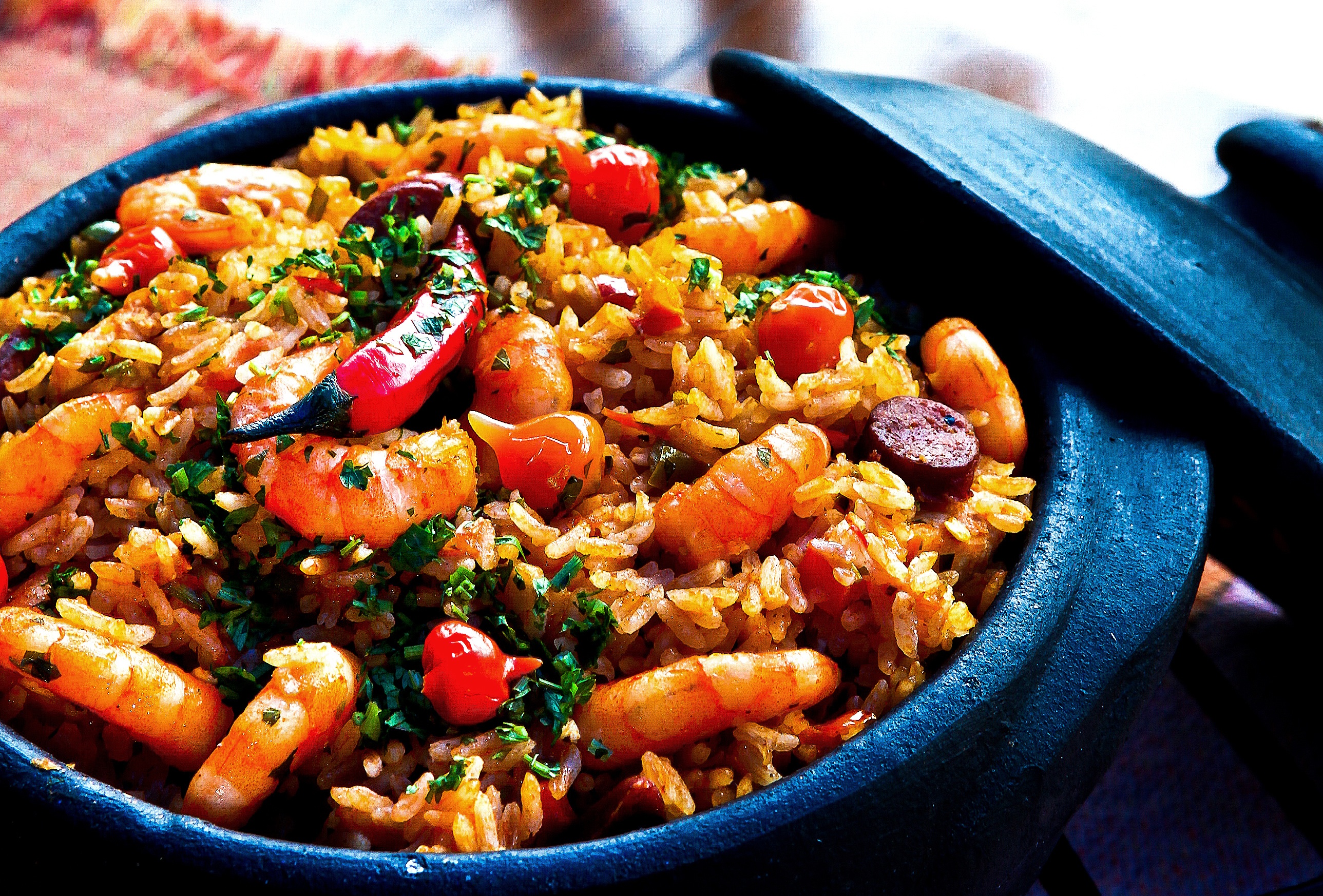
It’s only the second week of January and I’ve already had several people share with me that they plan on cutting out carbs because they want to lose weight. Hearing this always concerns me. Cutting out carbs is a big mistake for health reasons. It’s also a big mistake if you want to lose weight and keep it off for good. While cutting out carbs may seem like a successful weight loss tool during the early stages of a diet, it eventually turns into an unsustainable restriction that is next to impossible to sustain for the long-term.
Diets that recommend eliminating carbohydrates have been torturing our society for years and it’s time for it to stop. They aren’t new. However, in order to sell them as something new, the diet industry likes to change the name and/or tweak the diet just a bit in order to sell it to you as the latest and greatest. As a health and fitness professional, it’s always seemed ludicrous to me to tell people to eliminate an entire food group from their diet especially one that affects our ability to think and physically move. The “no carb” diets are a long lasting fad that I have always chosen to ignore.
Fortunately, “no carb” diets are being promoted less and less these days. The whole “anti-carb” thing is VERY outdated and basic metabolic science completely debunks it. Health and fitness professionals are backing the solid science that shows consumption of carbohydrates is not only essential for long term weight loss, it’s necessary to help fuel your mind and and body properly. Fitting into those tiny skinny jeans isn’t worth it if you can’t remember your name or don’t feel like getting out of bed in the morning.
Oftentimes you may read or hear about the benefits of a low carb diet which is not the same as a no carb diet. The types and amount of carbohydrates we need to eat is personal. So, if someone is cutting back on carbs successfully, it means they were probably eating way more than their body needed or carbs that were not fueling their body properly like processed white flour, sweets, and/or certain snack foods.
Four reasons why you want to Keep eating carbs
They satisfy hunger and cravings. Carbohydrates that contain resistance starch (like potatoes, grains, and beans) take longer to break down in the body so they cause less of an insulin spike than the more “simple” carbs. When you eat the more complex carbs (even better if they are combined with protein and veggies) throughout the day, it helps you crave less of the sugary processed foods and will give your body the fuel it needs to avoid being hungry all of the time. Basically, your body has the energy it needs so it’s less likely to ask for more until you actually need it.
Your body needs carbs to burn fat. Here’s where I get a little scientific on you and all of the credit goes to the researchers studying metabolism. Stay with me because it’s important to understand how carbs fuel your body if you’re going to fend off the diet voices in the media and/or your head telling you that they’re “bad” which is not the case.
Basically, carbohydrates need to be present in order for fat to be used up as energy. If a low level of carbohydrates exists or there are none to be found, a substance known as pyruvate begins to build up. Pyruvate is formed while you burn glucose (aka sugar) and if glucose is not present, pyruvate cannot do its job. This results in the fat having nowhere to attach to in the body’s mitochondria, which in turn slows the metabolism, halting or extremely lessening the body’s ability to burn fat. Additionally, when the body lacks carbohydrates, critical amino acids are pulled out of muscle tissues as the body turns against itself. Once muscle tissue is decreased, the body’s metabolic rate is lowered substantially.
To summarize, if your body is lacking carbs, it will find the energy in the wrong places which in turn can sabotage your weight loss efforts, cause you to have less energy in the long run, and negatively impact your health.
They feed your brain. Your brain needs carbohydrates to function. Over time, cutting too many carbs in your diet can increase problems with basic mental functioning. Have you ever found yourself having a tough time making a decision or thinking straight and then realized you haven’t eaten in hours? You could be experiencing a lack of carbs.
When it comes to brain health, the type of carbs can make a difference. It’s best to limit the simple carbs (like sugary cereals, sweets, and granola bars) and consume more of the complex carbs like whole grains, beans, root vegetables, and fruits in their fleshy form.
They taste good! Let’s face it, the reason most of us like to eat carbs is because most of them taste good. You are more likely to stick to a healthy food plan if you like the way the food tastes and feel satisfied after eating it. Current research shows that restrictive dieting does not work so it’s important to allow yourself to eat the foods you enjoy . If you tell yourself you can eat a tasty baguette or piece of cake whenever you want, you are way more likely to be willing to incorporate more of the complex carbs into your diet and crave the “simple” carbs less often. So unless you have a medical condition that requires eliminating a certain food (like wheat) or need to closely monitor your carbohydrate consumption then allow yourself to enjoy the things you like in moderation. Focusing on health is about eating the foods that make your body and mind feel good, not about focusing on the scale or rapid weight loss.
Most diets are rooted in fear, deprivation, and negativity. None of that is healthy or sustainable. You were not designed to suffer.
Just say no to diets and yes to creating a lifestyle that you love!
Shared with love,
Jennifer


